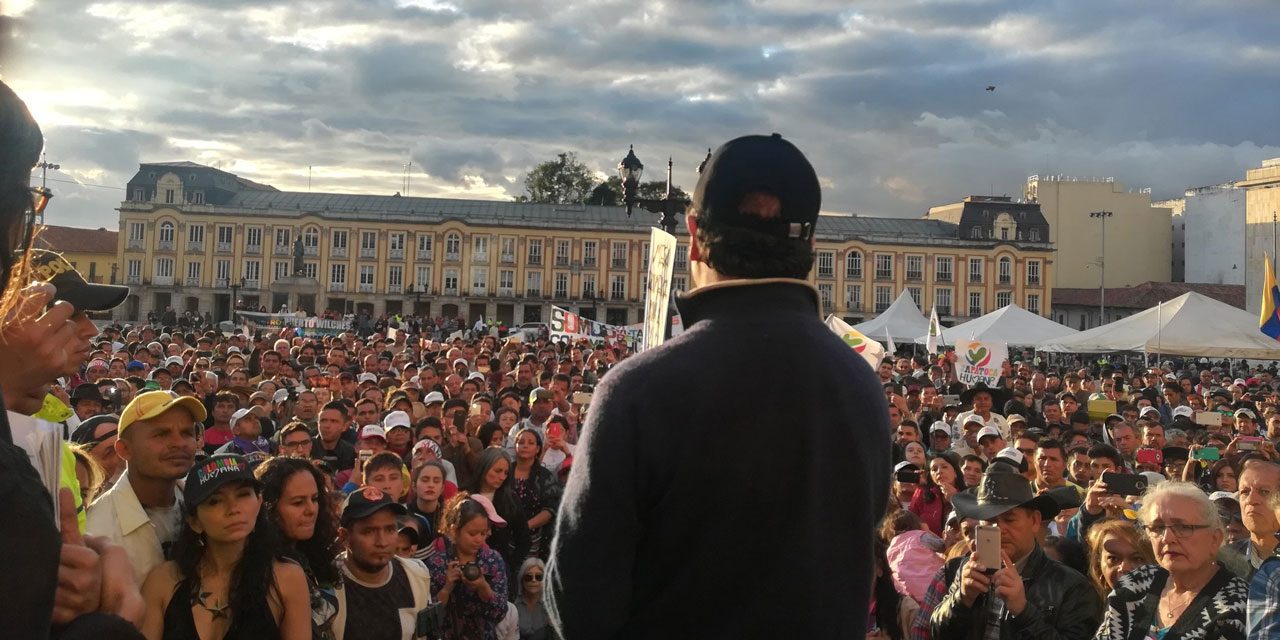Colombia’s government is preparing a decree that would restrict the right to hold political rallies or protests, according to newspaper El Tiempo.
The newspaper received a draft decree from the Ministry of the Interior that would allow the government of President Ivan Duque to decide when political rallies and protests are allowed and when not.
The right to assemble in public is a constitutional right that currently can only be restricted by local governments in cases of an emergency or on election days.
The Duque administration wants to restrict this right further and be able to ban political manifestations whenever it pleases, according to El Tiempo.
Draft decree
“The new power would allow the government — overruling the constitution — to manipulate the electoral calendar, violating rights such as the freedom of assembly and expression,” former National Electoral Council magistrate Marco Hincapie told the newspaper.
Former magistrate Jose Joaquin Vives agreed with his former colleague. “the government is overstepping its boundaries and it is unclear why,” Vives said.
The plans to restrict the right of protests are revealed just months before local elections and are in line with intentions expressed by Defense Minister Guillermo Botero, who said he wanted to “regulate” public protests in July last year.
According to Botero, protests ought to “represent the interests of all Colombians and not just a small group.”
Colombia’s new defense chief wants to limit right to protest
According to the director of electoral observation organization MOE, Alejandro Barrios, the decree would allow the government to ban political campaigning events and legitimate public protests.
MOE director Alejandro Barrios
Interior Minister Nancy Patricia Gutierrez reiterated to El Tiempo that the draft decree is still being studied and has not yet been signed off on.
If the minister does sign off on the decree, the Constitutional Court could step in and nullify it on constitutional grounds.


